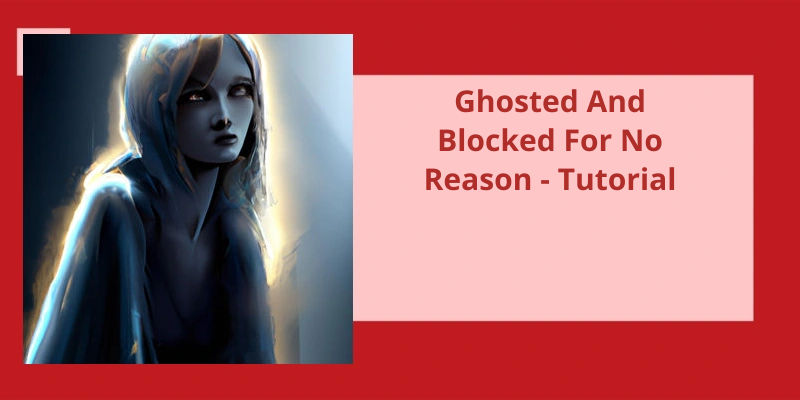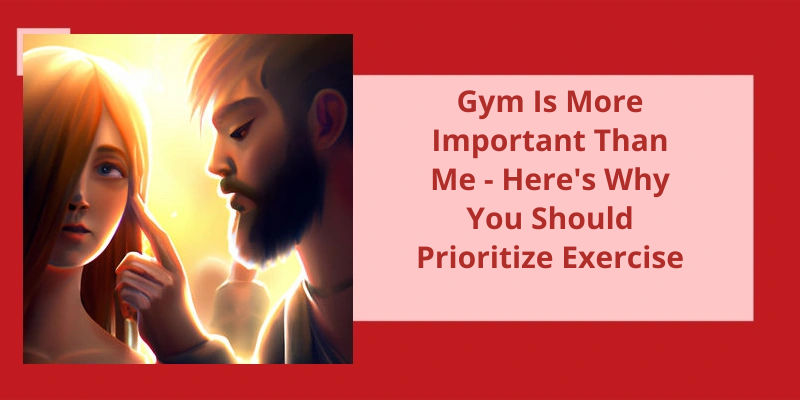Have you ever experienced the frustration of being ghosted or blocked without any apparent reason? It's a perplexing and disheartening situation that many of us have encountered in the digital age. Whether it's through text messages, social media platforms, or any form of online communication, being suddenly cut off from someone can leave you feeling bewildered and uncertain. In this tutorial, we will delve into the possible reasons behind ghosting and blocking, as well as provide practical advice on how to deal with these situations. We will explore strategies for communication, self-reflection, and moving forward, empowering you to navigate the murky waters of ghosting and blocking with grace and confidence. So, if you're ready to gain insight into this perplexing phenomenon and reclaim your emotional well-being, join us on this journey of understanding and resolution.
Why Would a Ghoster Block You?
Ghosting and blocking can be painful experiences, leaving you wondering what you did wrong and questioning your worth. The truth is, there could be a multitude of reasons why someone chooses to ghost and block you without any apparent reason. It’s essential to remember that these actions reflect more on the other person than on you.
One possible reason for being ghosted and subsequently blocked is that the person simply didnt take the relationship or connection seriously. Perhaps they were only looking for a casual fling or passing time. In these cases, they may not feel the need to engage or communicate further, leading them to block you to avoid any potential complications.
Additionally, some individuals may be dealing with personal issues or emotional baggage that makes it difficult for them to handle any form of connection genuinely. They may be fearful of getting hurt, forming attachments, or opening up to others.
Lastly, it’s important to acknowledge that ghosters and blockers may have their own unique reasons that are entirely unrelated to you. It could be as simple as them wanting to declutter their social media and remove any unnecessary connections. These actions aren’t necessarily a reflection of your worth or value; rather, they highlight the ghosters personal preferences or priorities.
The Impact of Ghosting and Blocking on Mental Health and Self-Esteem
Ghosting and blocking can have a significant impact on a person’s mental health and self-esteem. When someone is ghosted, it refers to being ignored or abruptly cut off without explanation. This sudden lack of communication can leave the individual feeling confused, rejected, and questioning their self-worth.
Similarly, being blocked amplifies these negative emotions as it signifies a deliberate choice to disconnect and cut off all contact. The sense of isolation and rejection caused by ghosting and blocking can lead to feelings of sadness, anxiety, and even depression.
Repeated experiences of ghosting and blocking can significantly damage a person’s self-esteem. It may foster a belief that there’s something fundamentally wrong with them and that they’re unworthy of love or connection. This negative self-perception can impact various aspects of life, including relationships, social interactions, and overall well-being.
It’s essential to remember that being ghosted or blocked isn’t a reflection of one’s value as a person. It’s a behavior influenced by the personal circumstances and choices of the other party. Taking care of one’s mental health following such experiences involves self-compassion, seeking support from loved ones, and maintaining a positive self-image despite the actions of others.






